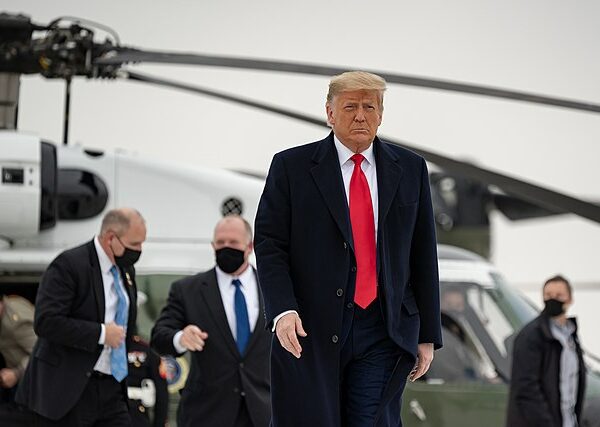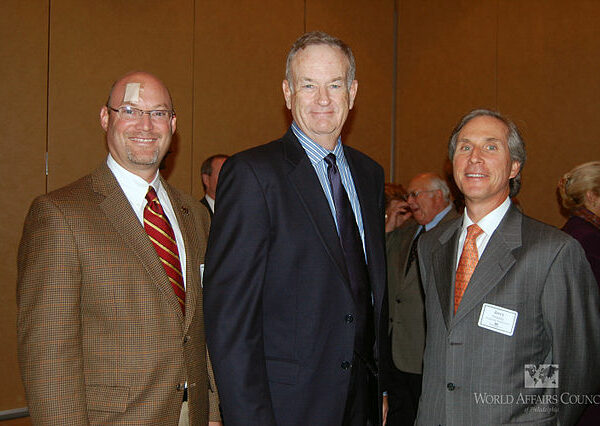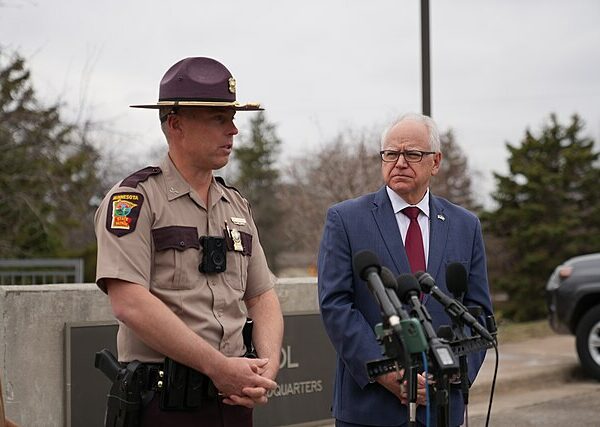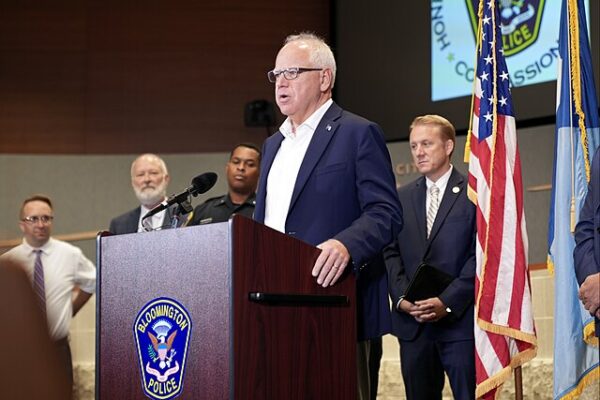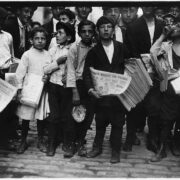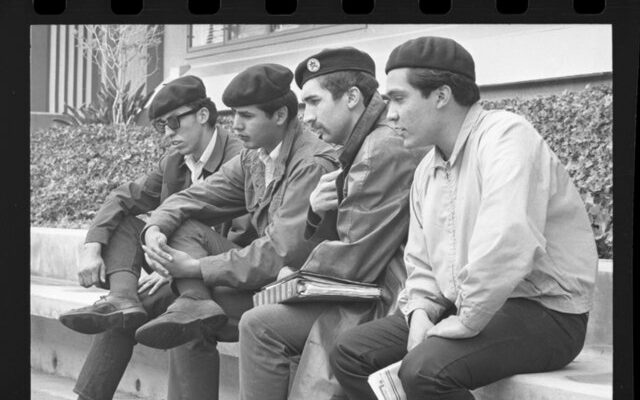
In the smoke-filled air of downtown Los Angeles, where chants of “resistance” liberals sounded in front of boarded-up storefronts and smoldering dumpsters, a foreign paramilitary group was operating to stir the unrest. Federal agents announced earlier in the week that they moved swiftly to arrest Alejandro Orellana, a green-card holder and known affiliate of the Brown Berets—a once-idealistic but now increasingly radicalized Chicano paramilitary group. He was arrested Thursday for allegedly supplying face shields to rioters engaged in what authorities describe as coordinated acts of civil unrest.
ARRESTED: Alejandro Theodoro Orellana was arrested this morning by @FBILosAngeles on an allegation of Conspiracy to Commit Civil Disorders (18 USC 371) for distributing face shields to suspected rioters on Tuesday. We are moving quickly to identify and arrest those involved in… pic.twitter.com/Ase8kxupfp
— U.S. Attorney Bill Essayli (@USAttyEssayli) June 12, 2025
The arrest, reported by The Daily Caller and later confirmed by federal authorities, reveals a deeper undercurrent to the street-level chaos unfolding in response to President Donald Trump’s aggressive expansion of immigration enforcement. Orellana, whose criminal record includes a conviction for fraud—legally classified as a “crime involving moral turpitude”—now faces not only federal charges but the looming specter of deportation.
According to a 2025 Police Ping intelligence brief, Orellana was reportedly caught dispersing thousands of dollars’ worth of protective gear—riot-ready shields, face masks, and tactical gloves—within blocks of the flashpoint protests that erupted after a wave of ICE raids across Southern California. Once founded on the rhetoric of educational equity and anti-war protest, the Brown Berets’ legacy now appears entangled with street-level insurrection, surveillance avoidance, and logistical support for what federal prosecutors increasingly term “domestic insurgency.”
In response to escalating violence—including the vandalism or looting of at least 23 businesses—Mayor Karen Bass imposed a strict curfew across downtown Los Angeles from 8 p.m. to 6 a.m. The National Guard, reinforced by 700 active-duty Marines, has been deployed in what Governor Gavin Newsom derided as a “military dragnet”—a term suggesting martial law rather than measured control. Yet the political winds may be shifting: A June CBS News/YouGov poll showed 54% of Americans approve of the administration’s deportation campaign, exposing the chasm between elite condemnation and voter support.
The New York Post reported that “the FBI has also set its sights on a masked brute – identified as 40-year-old Elpidio Reyna — who was caught on camera hurling bricks at federal law enforcement authorities as they drove by.
‘WANTED: Elpidio Reyna can run, but he can’t hide. He threw rocks at federal officers leaving a command post in Paramount on Saturday, a brazen attack caught on film and that could have resulted in deaths,’ Essayli said.”
The Brown Berets emerged in the late 1960s as a militant Chicano activist organization, born out of the East Los Angeles high school walkouts and inspired by the revolutionary spirit of the Black Panthers. Founded by David Sanchez and Carlos Montes, the group donned military-style uniforms and organized against police brutality, educational inequality, and the Vietnam War, which disproportionately claimed the lives of young Mexican Americans. Their presence—at once defiant and disciplined—symbolized a new, confrontational phase of the Chicano Movement, one grounded not just in cultural pride but in the assertion of territorial and political autonomy.
Though the original Brown Berets formally disbanded in the early 1970s under pressure from law enforcement infiltration and internal disputes, various splinter groups have reemerged in the decades since—often invoking the legacy of their forebears while adopting more radical, decentralized approaches. These contemporary iterations have been intermittently monitored by federal and local authorities due to their paramilitary aesthetics and their involvement in protests that occasionally veer into violence. While some still engage in community outreach and advocacy, others have drawn scrutiny for their associations with more confrontational forms of direct action, blurring the line between civil rights activism and insurrectionary politics.
[Read More: Democratic Senator Tried To Rush Noem Press Conference]

